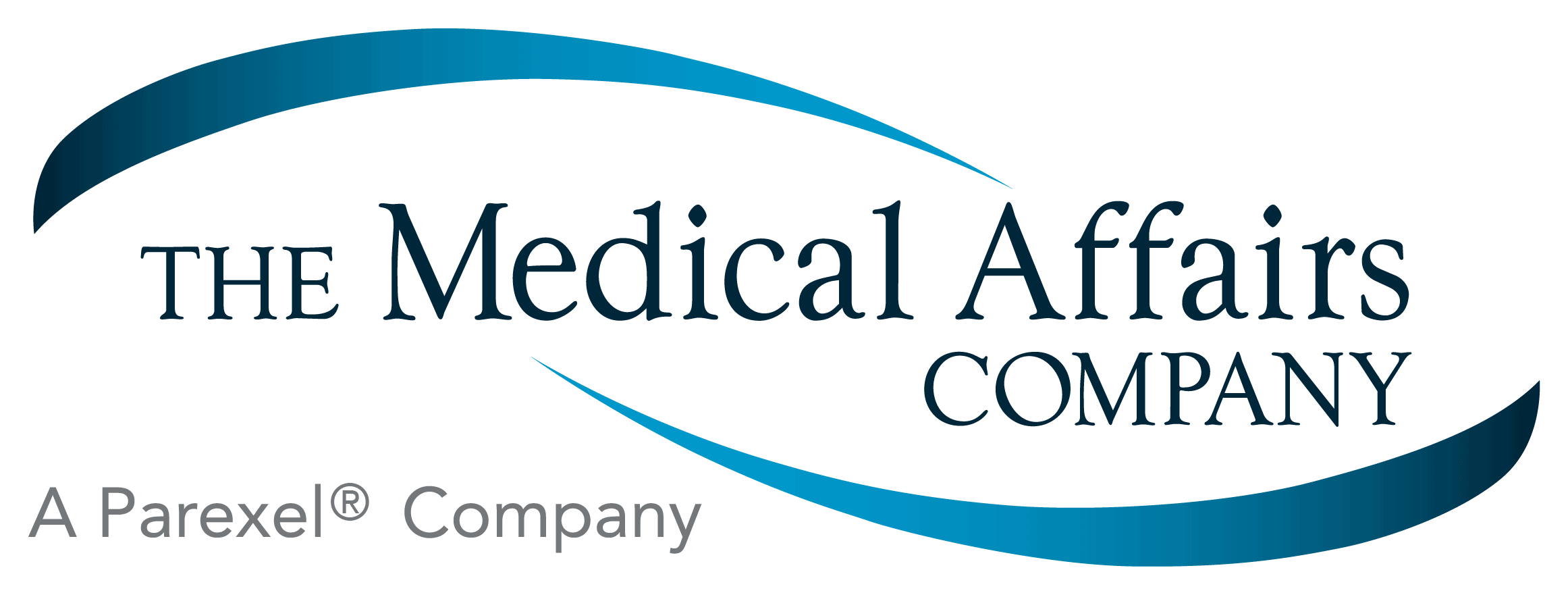In an interview setting, everything you say can be (and often is) used against you. There are common words and phrases that we all use that just land wrong in an interview setting because they elicit a negative feeling. Here is a list of four to consider eliminating from your interviewing vernacular:
No: If I’m interviewing someone and asking questions about their experiences and they say the word “No”, it often leads to more “No’s.” “No” is an interview killer, so try something like “Although I haven’t had that specific experience, I have done something very similar which is…” Experiences are valuable and even though you haven’t had the exact one the interviewer is fishing for, it doesn’t mean similar experiences hold no valuable.
To be honest with you: A lot of us say this without even thinking about it. When someone I’m interviewing starts using this phrase, I catch myself thinking about why they’re now being honest with me. Haven’t they been honest the who interview?
I’m concerned with: This another phrase you should completely remove from your interview vernacular because it has a negative connotation associated with it. When we’re concerned about something, it infers that we’re worried about it. Often what we really mean is that we don’t have enough information to know whether we should be concerned or not. I recommend replacing this phrase with “I would like more information about” or “Can you help me understand this?” or other phrases like that.
Negotiable: In many cultures, a negotiation is seen as a very negative thing and what I’ve found is that when someone uses this phrase in an interview setting, they’re not foreshadowing a future battle. What they’re really trying to convey is, “At a future time, we will come up with a solution together as a team.” So instead of saying “negotiable”, say “We’ll find a solution for that” or “I don’t see that as being a stumbling block.”
These are just four of the many phrases and words to avoid using in an interview setting, but I hope you get the takeaway that you really want to think about the emotion that your words will create in the person you’re interviewing with. Remember, anything you do or say during an interview will likely be used against you.
In our next video, we’ll cover some phrases that I hear in great communicators, so keep an eye out for that. If you have any questions for me in the meantime, don’t hesitate to give me a call or send me an email. I look forward to hearing from you soon.








